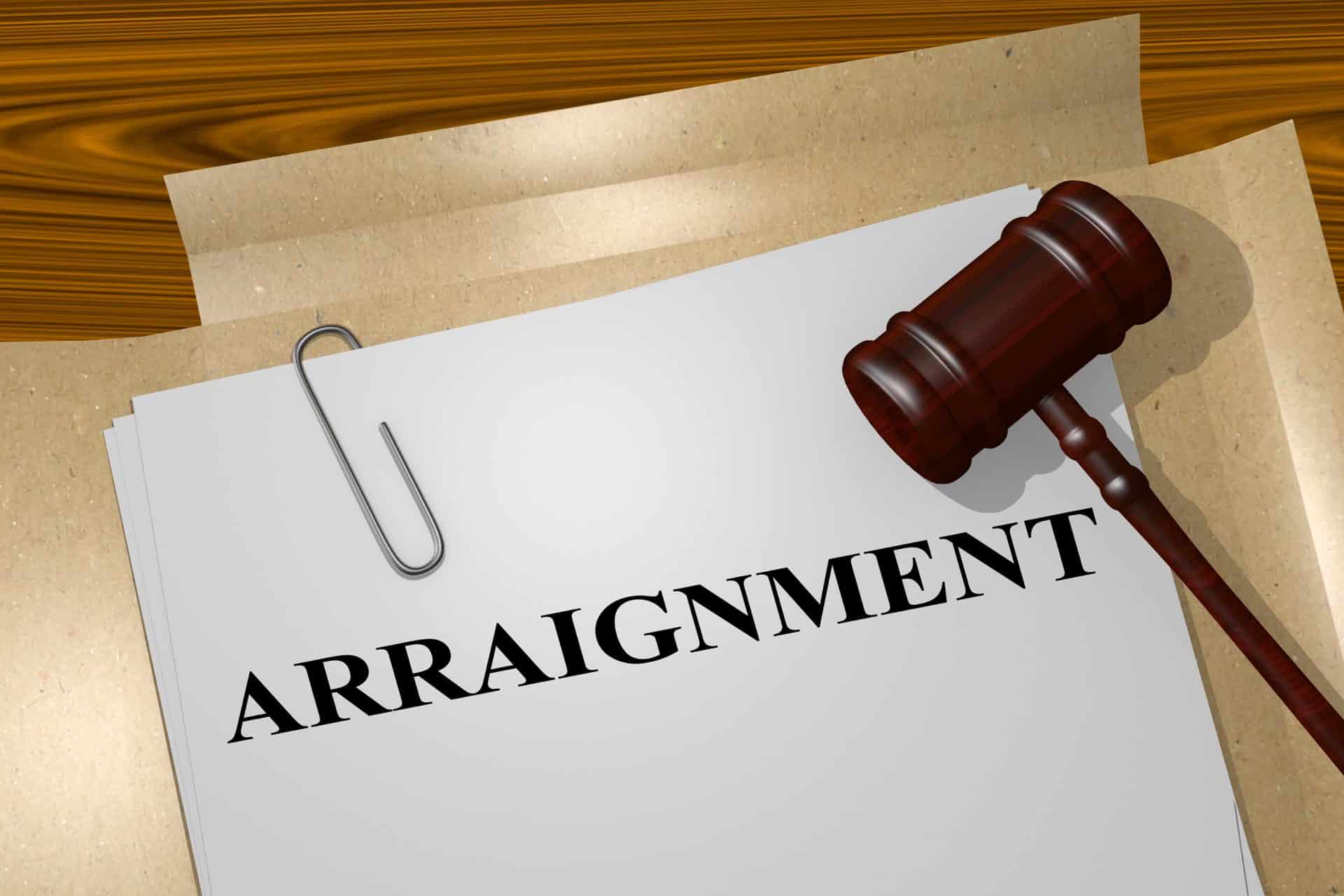
Depending on the level of theft, theft charges in Texas can mean various things. Theft in Texas is generally taken very seriously and can come with extensive fines and even jail time. Having a theft charge on your record can also have a long-term impact that reaches far into the future.
If you are being charged with theft in Texas, you first need to hire a criminal defense attorney. At The Law Offices of Keith G. Allen, PLLC, we are committed to providing our clients with the best possible legal representation in criminal defense cases.
What is the Punishment For Theft in Texas?
The penalty for theft in Texas is dependent on the category into which the theft falls. The laws on theft in Texas are usually centered around whether or not it is a misdemeanor or a felony. Here is a breakdown of the different levels of theft crimes in Texas:
- Class C misdemeanor: Stolen property valued below $100 comes with a fine of up to $500.
- Class B misdemeanor: Stolen property valued between $100 and $750 can include jail time of up to 180 days and up to $2000 in fines.
- Class A misdemeanor: Stolen property valued between $750 and $2500 comes with jail time up to a year and up to $4000 in fines.
- State jail Felony: Stolen property value between $2500 and $30,000 can include between 180 days and two years in jail and up to $10,000 in fines.
- Third-degree felony: Stolen property valued between $30,000 and $150,000 can include between two and ten years in prison and up to $10,000 in fines.
- Second-degree felony: Stolen property valued between $150,000 and $300,000 or if the defendant steals an ATM. This can come with jail time between two and 20 years and up to $10,000 in fines.
- First-degree felony: Stolen property valued over $300,000 can include jail time between five and 99 years and up to $10,000 in fines.
How Theft Charges Are Determined
Many different things can impact theft charges in Texas, directly changing the possible repercussions. For instance, the type of theft will be taken into consideration, such as theft of service in Texas versus theft of property. Your previous criminal history will also be taken into account, such as whether you have received any other theft convictions.
It’s also worth mentioning that the statute of limitation for most thefts in Texas is two years for a misdemeanor and five years for a felony. Charges must normally be brought before the statute of limitations expires.
Other factors related to the type of theft can also impact the charges’ severity. For instance, stealing an ATM can automatically result in a second-degree felony. In comparison, theft of livestock or stealing a controlled substance can lead to an automatic third-degree felony charge.
No matter what type of charge you are facing, it is critical that you hire a criminal defense attorney to support your case. They can analyze the evidence against you and provide additional evidence that supports your case. They can also help you understand whether or not you should accept a plea bargain to lower your charge or if you have a good chance of getting the charges dropped entirely.
Evidence Used in Texas Theft Cases
To better understand theft charges in Texas and the repercussions, you also need to understand the type of evidence that could be used against you. Here are some examples of the types of evidence that may be used against you:
- Eyewitness testimonies
- Physical evidence like fingerprints and DNA
- Confessions
- Expert witness evidence
- Hearsay evidence
Theft Charges in Texas: How to Get Them Dropped
Theft in Texas is defined in a few simple ways: it includes appropriation, intent to deprive, and lack of consent. For theft charges to stick, these elements need to apply to your case.
There are many different strategies your criminal defense attorney could use to lessen the charges or prove that you are entirely innocent. Here’s a breakdown of the possible defenses they could use depending on the details of your case.
Lack of Intent
Without intent to deprive someone of their property, there is no actual crime. Your attorney may be able to prove that you had no intent to steal an item, which could get the charges dropped. For instance, you may have taken something without realizing that it belonged to someone else.
Given Consent
Theft charges also cannot stick if your attorney can prove that you had consent when you took someone else’s property.
Ownership Dispute
Disputes over ownership can also be an excellent legal defense if ownership can be drawn into question. If your attorney can prove that you are the actual owner of the item, the theft charges may no longer apply.
Theft Under Duress
There are instances where someone may steal something because they are forced or coerced. This would be considered theft under duress and can be used as a defense.
Mistaken Identity
If you want to claim that you are completely innocent of the theft, your attorney could use a mistaken identity defense. People are mistaken for other people all the time, and you may have enough evidence to prove that you were not the person who committed the theft. You may have an alibi or witnesses who can corroborate where you were at the time of the theft.
For the Best Criminal Defense in Texas, Contact The Law Offices of Keith G. Allen, PLLC
To avoid the worst of theft charges in Texas, you need to understand what these charges entail and how you could get them dropped. The good news is that there are several defense strategies your attorney could use to reduce the penalties or have them removed entirely.
At The Law Offices of Keith G. Allen, PLLC, we have handled thousands of criminal defense cases in the Texas area. For compassionate and dedicated legal representation, contact us today at 832-230-0075 for a free consultation.





